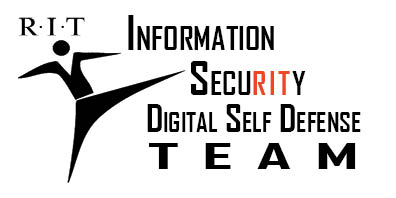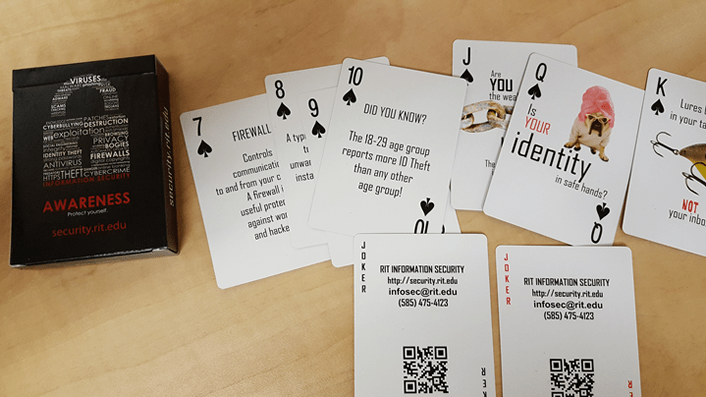
Introverted Leadership and Cyber Security Speaking Schedule Fall 2018
Category:Information Security,Introverted Leadership,Leadership,Lessons Learned,ScheduleSpeaking Schedule
I’m very excited about my fall 2018 speaking schedule. I’ll be a first-time attendee and speaker at two conferences, one of which I’m keynoting. (This will be my first time speaking in the United Kingdom!)
I hope to see you there!
Don’t forget to listen to the Hope for the Introvert podcast!
| Date | Event | Topic | Format | More information |
| 28 August | North Texas Lone Star Chapter STC | Lessons Learned on an Introvert’s Journey to Leadership | Webinar | Recording to come |
| 25 September | Technical Communication UK | Temperament-based Strategies for Excelling in the Workplace | Workshop | De Vere Staverton Estate, Daventry, England |
| 26 September | Technical Communication UK | Lessons Learned on an Introvert’s Journey to Leadership | Keynote | De Vere Staverton Estate, Daventry, England |
| 26 September | Technical Communication UK | Digital Self Defense – Tips, Tools, and Best Practices to Stay Safe Online | Presentation | De Vere Staverton Estate, Daventry, England |
| 4 October | The NYSERNet Conference 2018 | Creating a Culture of Digital Self Defense | Presentation | Marriott Syracuse Downtown |
| 24 October | Society for Technical Communication | The Introvert in the Workplace: Becoming an Influencer and Leader | Webinar | Free members-only webinar |
| 26 October | STC-Philadelphia Metro Chapter | Introverted Leadership: Harnessing your Innate Strengths | Webinar | STC-PMC webinar |
| 14 November | STC Instructional Design and Learning SIG | Saying, “Yes, and…?” to Leadership Opportunities | Webinar | Registration available to all |


 Joanna Grama is a senior consultant for
Joanna Grama is a senior consultant for 
 Think Strategically
Think Strategically







